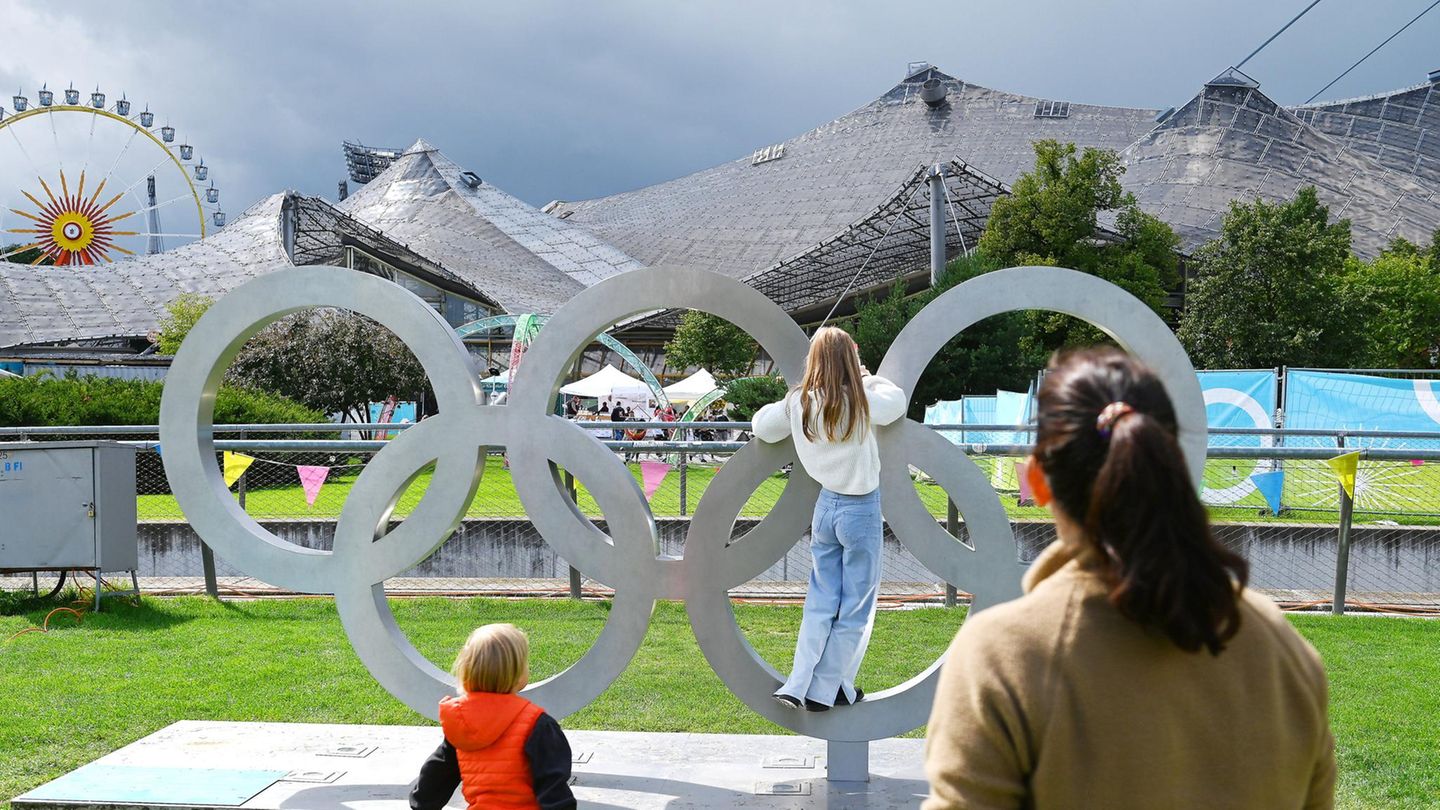Image: EE
“Talking confidently in front of an audience is not a talent, but the result of training, feedback and reflection,” says Silvia Agha-Schantl in a podcast discussion with Elisabeth Eidenberger. Nobody was born as a communication talent – even if some people seem more eloquent than others. “Communication is a craft that can be learned,” says the expert. She herself was not looking for the spotlight from the start – on the contrary: in her childhood she was very afraid to show in class, out of worry, to say something wrong. Active lessons were then a real turbo for their personal development.
There is one thing above all behind every spontaneous appearance: a lot of practice. “We often communicate too much out of the gut. That means we go into an conversation unprepared. Example: If I want a salary increase. If I have no strategy, no guideline, no construct on which I can orientate myself. Then it is simply difficult to achieve something,” she says. Therefore, more preparation is needed.
Power formulations instead of fabric softener
A central topic in winning rhetoric is the so-called “power-wording”. “Our choice of words influences our appearance and our persuasiveness,” explains the expert. Instead of “I am responsible for marketing”, “I am responsible for marketing” sounds more confident and more competent – a small but crucial difference. Plasticizers like “maybe”, “actually” or “possibly” weaknesses unnecessarily.
No more stage fright
Fear of mistakes, stage fright and blackouts-an experienced speaker like Silvia Agha-Schantl knows all of this. The difference in dealing with it: “I am open to mistakes and use them as learning opportunities,” she says. A “Winning Mindset” is essential: Anyone who is well pronounced before the presentation that she or he is happy and will be able to do this is strengthened.
Practical tips:
Before presentations: Fixed status, deep breathing, self -confident entry with the first sentences.
For sustainable development: Regular training, catching feedback from professionals or colleagues, remain open to changes.
“Don’t stay the way you are!” -That is Silvia Agha-Schantl’s call at the end. Authenticity is not rigid adherence to old behaviors, but the willingness to develop further, work on themselves and try out new things. Whether in professional life, on stage or at home – we all meet different roles and can learn to fill them up and consciously.
Image: EE
“}”>
Image: EE
Source: Nachrichten




